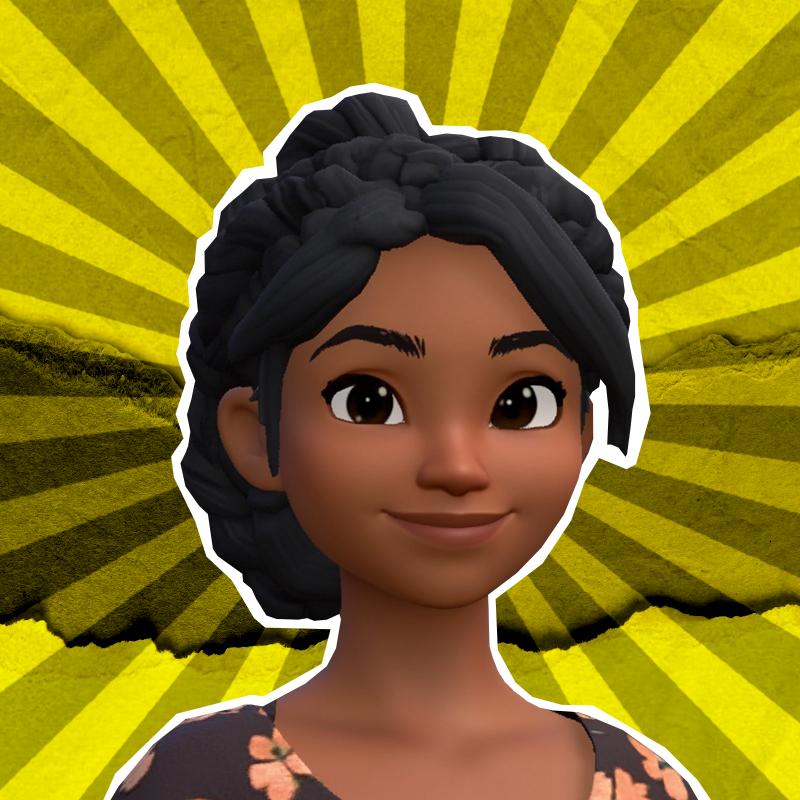OpenAI has just unveiled its latest iteration of the technology behind its AI chatbot, ChatGPT. Meet GPT-4o, the Casanova of conversational AI, ready to charm its way into your chats. This suave upgrade is faster than its predecessors and programmed to respond with chatter that’s not just witty but sometimes downright flirtatious.
The new version can now analyze and discuss images, translate languages, and even pick up on emotions from visual cues. Plus, it comes with a memory feature, so it can recall previous prompts. It’s more interruptible, and its conversational flow is smoother with no awkward pauses between asking and answering.
GPT-4o Updates
During a live demonstration using the voice version of GPT-4o, it gave helpful tips on how to solve a simple equation written on a piece of paper, rather than just solving it outright. It analyzed some computer code, translated from Italian to English, and interpreted the emotions in a selfie of a smiling man.
With a warm American female voice, it greeted its prompts, asking how they were doing. When complimented, it responded, “Stop it, you’re making me blush!”

Chatbots like Grok and Elon Musk’s Pi by DeepMind co-founder Mustafa Suleyman prioritized the “personality” of their products, but GPT-4o’s seamless handling of text, audio, and images with instant responses seems to put OpenAI ahead of the competition.
Related: Battle of the Bots: The Most Powerful AI Virtual Assistant
But GPT-4o wasn’t flawless — at one point, it mistook a smiling person for a wooden surface and started solving an equation it hadn’t been shown yet. This unintentionally demonstrated that there’s still some way to go before the glitches and hallucinations that make chatbots unreliable and potentially dangerous can be ironed out.
But what it shows us is the direction OpenAI is heading, which, I reckon, aims to turn GPT-4o into the next generation of AI digital assistants, a kind of souped-up Siri or “Hey, Google” that remembers what’s been said to it in the past and can interact beyond voice or text.
Of course, right now, we only have the company’s words — it was their carefully curated and managed demo version. It’ll be interesting to see how GPT-4o handles the millions of people who are already using ChatGPT as it rolls out.
Rumors about OpenAI and Apple cooperation
There have been rumors about a possible partnership between OpenAI and Apple, and though it’s not confirmed yet, during the presentation, it was hinted that Apple’s products were being utilized everywhere.
According to folks familiar with the matter, Apple Inc. reportedly struck a deal with OpenAI to incorporate the startup’s technology into iPhones, as part of a broader initiative to integrate AI features into its devices.

Both parties are finalizing the terms of the agreement to integrate ChatGPT features into Apple’s iOS 18, the next iPhone operating system, sources said, requesting anonymity due to the sensitive nature of the situation. Apple has also been in talks with Google about licensing that company’s Gemini chatbot. While discussions haven’t led to a deal yet, they’re ongoing. Apple, OpenAI, and Google officials declined to provide statements regarding the matter.
More Info:
- Releasing the Dragon: China’s AI Startups Take on Global Giants
- Virtual AI Priest Fired from Catholic Faith After Proposing Brother to Sister Marriage
The OpenAI deal would allow Apple to offer the popular chatbot as part of a suite of new AI features the company plans to unveil next month. Discussions with OpenAI reportedly picked up steam in April, according to Bloomberg. Still, there’s no guarantee an announcement about the agreement will come anytime soon. But if the whispers are true, we might soon find ourselves flirting with GPT-4o while checking our texts.
Disclaimer: All materials on this site are for informational purposes only. None of the material should be interpreted as investment advice. Please note that despite the nature of much of the material created and hosted on this website, HODL FM is not a financial reference resource and the opinions of authors and other contributors are their own and should not be taken as financial advice. If you require advice of this sort, HODL FM strongly recommends contacting a qualified industry professional.




